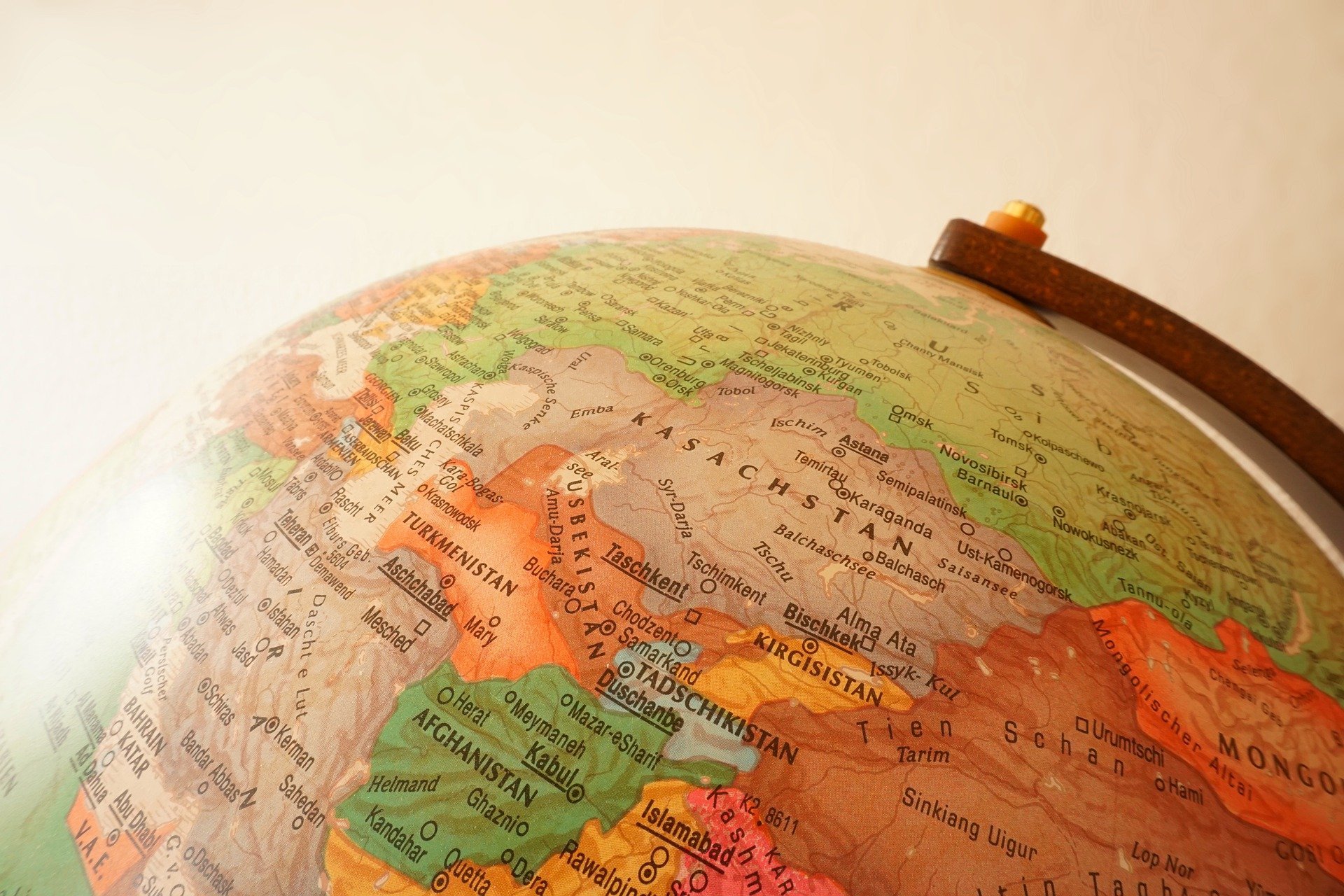I have never used the notion “post-Soviet” when speaking about my country – the Republic of Latvia. My observations as a historian and as a diplomat force me to admit that common knowledge about the post-Second World War history usually connects the Baltic states with the Soviet Union and consequently the Baltic states are put into the basket of post-Soviet states. This interpretation is only partially correct and often confusing. In order to clarify it some facts have to be mentioned. The known expression “facta crescunt” - the facts proof - is applicable in this situation.
UKRAINE - ARE WE ALLOWED TO DREAM?
We do not know yet, if the Russian military and diplomatic “initiative” concerning Ukraine is leading to a war or if it paves the way towards a new East-West detente in Europe. Let us consider which changes would be necessary to avoid war and open the way towards peace. It would afford some drastic rethinking of European security by all sides, no doubt about it - but it could solve not only the Ukraine crisis and other current crises in and around Europe but open the way for a cooperation on important issues from global heath to climate policies.
2022: Das Jahr der drei Kriege?
Auch dieses Jahr wird kein friedliches sein. Einige internationale Medien spekulieren über drei mögliche – neue – Kriege. 2022 wird ohnedies die Fortsetzung des Krieges im Jemen sowie der Kämpfe im Osten der Ukraine, in mehreren Ländern Afrikas wie vor allem in Äthiopien bedeuten. Dennoch befürchten manche Kommentatoren drei weitere kriegerische Auseinandersetzungen, und leider sind sie nicht völlig unwahrscheinlich.
Is there a future for cooperation between the OSCE and China?
At first glance, there is little that connects China and the Organization for Security and Cooperation in Europe (OSCE). The Organization emerged as a platform for dialogue between East and West during the Cold War and was transformed into a permanent institution in 1995 with the main mandate to increase security based on a cooperative approach for its 57 participating States as well as for the more than one billion citizens living in those countries.
New regionalism in Central Asia
From the Soviet Union to the Post-Soviet Space and Beyond
Recently the IIP – with Maryia Hushcha excellently in charge – organized jointly with partners a conference on the question if and in what way the post-Soviet space exists. Of course, one can answer this question in different ways – depending on the perspective one chooses. One way would be to look at it from a pure time perspective or regard it from a geographical point of view. Then the answer must be yes, there is an area which can be defined as post-Soviet geographically and an era which is defined as post-Soviet historically. But from a political and especially geopolitical point of view you may look at it differently. Post-Soviet could be used in a derogatory term and deny the countries, which have been included in - or even occupied by - the Soviet Union, an independent position and policy. Therefore, I can fully understand the hesitancy of many politicians and social scientists of these countries to accept that term.
The Russian Political System: The Trap of the Empire's Legacy
A few weeks ago, I went into a souvenir store in one of the capitals of Baltic states. Three saleswomen were talking in Russian and the oldest of them was fiercely trying to prove something to her colleagues, mentioning in her speech the names of Soviet leaders from a distanced epoch – Brezhnev, Kosygin... It was so strange to witness these nostalgic signs of another era in one of the successful and modernized capitals of the new Europe. But the legacy of the empire has not simply disappeared, it is here with us in the present moment.
Some thoughts on the “homo sovieticus”: is it a useful term?
If we are to discuss the homo sovieticus, it is essential to know what we are talking about. Can this notion really work as a scientific concept? Does it have any analytical purchase? The expression has been often used as a pejorative term, a slur that is meant to refer to all the negative aspects of the Soviet historical experience, which allegedly made an irreversible impact on the post-Soviet people. In its most extreme forms, it may even be deemed racist. The homo sovieticus is envisioned as some kind of an “orc” from the “Soviet Mordor.” He is evil and repulsive by his very nature.
WHAT DOES PUTIN WANT?
This question was not only asked by a recent “Big Read” in the Financial Times, but it is asked everywhere around the globe, and especially by Ukrainians. “The Russian leader’s intentions in Ukraine remain a mystery. Some governments speculate he wants to use military pressure to halt NATO’s expansion. Others fear he is planning an invasion for real this time” is the ambivalent answer of the Financial Times. In reality, we do not know more. But the important question is how to react. And that again depends on how to answer the question about Putin’s intentions.











